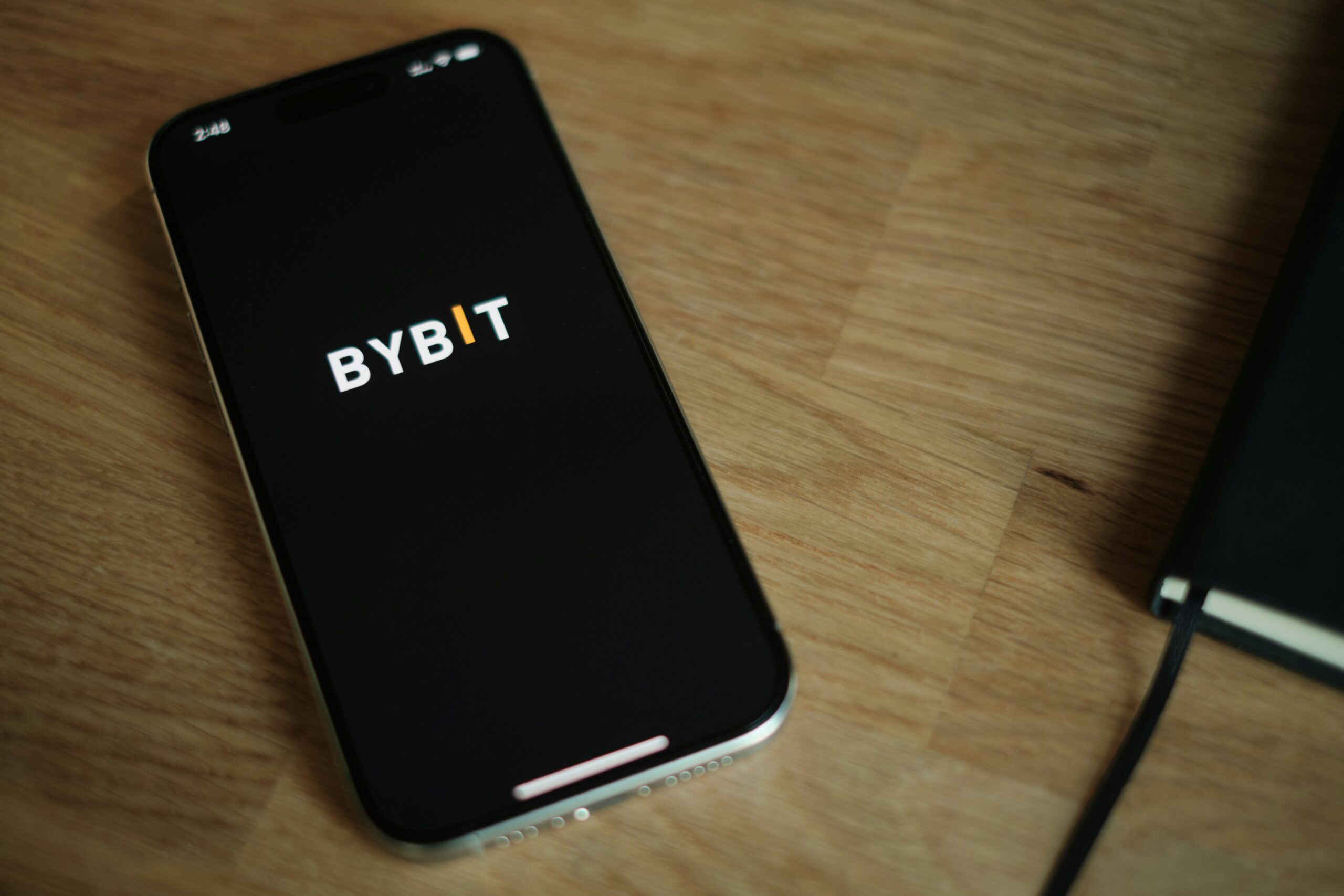 The Best Crypto Wallets to Secure Your Assets in 2025
The Best Crypto Wallets to Secure Your Assets in 2025
Last updated: April 23, 2025
Why Crypto Wallets Matter
As cryptocurrency adoption soars in 2025, safeguarding your digital assets has never been more critical. A crypto wallet not only stores your private keys but also acts as the gateway to decentralization—allowing you to send, receive, and manage tokens securely. Learn how wallet security complements advanced trading strategies. Cryptocurrency is a type of digital or virtual money that uses cryptography for security. Unlike traditional currencies issued by governments (fiat money), cryptocurrencies operate on decentralized networks—typically based on blockchain technology, which is a distributed ledger maintained by a network of computers (nodes). Here are the key characteristics:
Types of Crypto Wallets
- Hardware Wallets: Physical devices storing keys offline.
- Software Wallets: Applications for desktop or mobile.
- Web Wallets: Browser‑based, convenient but less secure.
- Paper Wallets: Printed keys, ideal for long‑term cold storage.
Top Hardware Wallets
1. Ledger Nano X
Keywords: hardware wallet 2025, Ledger Nano X review
Pros: Bluetooth connectivity, supports 5,500+ tokens, robust security.
Cons: Higher price point, mobile Bluetooth can be vulnerable if misconfigured.
Price: $149
2. Trezor Model T
Keywords: Trezor 2025, secure crypto hardware
Pros: Touchscreen UI, open‑source firmware, excellent support for altcoins.
Cons: No Bluetooth, needs USB‑C cable, premium cost.
Price: $179
Top Software Wallets
1. Exodus
Keywords: Exodus wallet 2025, best desktop wallet
Pros: User‑friendly interface, built‑in exchange, 24/7 customer support.
Cons: Closed‑source, relies on third‑party APIs.
2. Electrum
Keywords: Electrum secure wallet, Bitcoin wallet 2025
Pros: Lightning Network support, lightweight, highly customizable.
Cons: Bitcoin only, UI less intuitive for beginners.
Best Mobile Wallets
1. Trust Wallet
Pros: Multi‑chain support, integrated DApp browser.
Cons: Mobile‑only, no desktop counterpart.
2. MetaMask Mobile
Pros: Seamless Ethereum & EVM‑compatible access, web3 integration.
Cons: Phishing risks, always‑online nature.
Best Desktop Wallets
1. Atomic Wallet
Pros: Atomic swaps, built‑in exchange, multi‑coin support.
Cons: Proprietary software, requires regular updates.
2. Guarda Wallet
Pros: Web, mobile, and desktop versions; staking options built‑in.
Cons: Custodial elements for certain features.
Custodial vs. Non‑Custodial Wallets
Choosing between custodial (third‑party holds keys) and non‑custodial (you hold keys) depends on security vs. convenience. Non‑custodial wallets are recommended for maximum control and privacy.
How to Choose the Right Wallet
- Assess your security needs: long‑term storage vs. daily trading.
- Check supported assets: not all wallets support every token.
- Evaluate ease of use vs. advanced features.
- Consider backup and recovery options.
Step-by-Step Setup Guide
- Purchase and verify your hardware wallet (if using one).
- Download the official wallet app or software.
- Create a new wallet and write down the recovery seed phrase.
- Set a strong PIN or password.
- Send a small test transaction to confirm everything works.
Final Recommendations
For long‑term storage, go with a hardware wallet like Ledger Nano X or Trezor Model T. For everyday use, software wallets like Exodus or mobile options like Trust Wallet are ideal.
Remember: Never share your seed phrase, and always buy hardware wallets from official sources.
Want more on securing your crypto? Read our deep dive on P2P trading tips.










